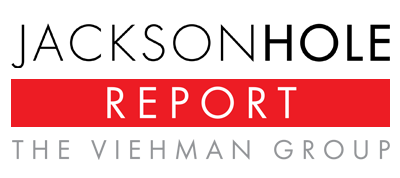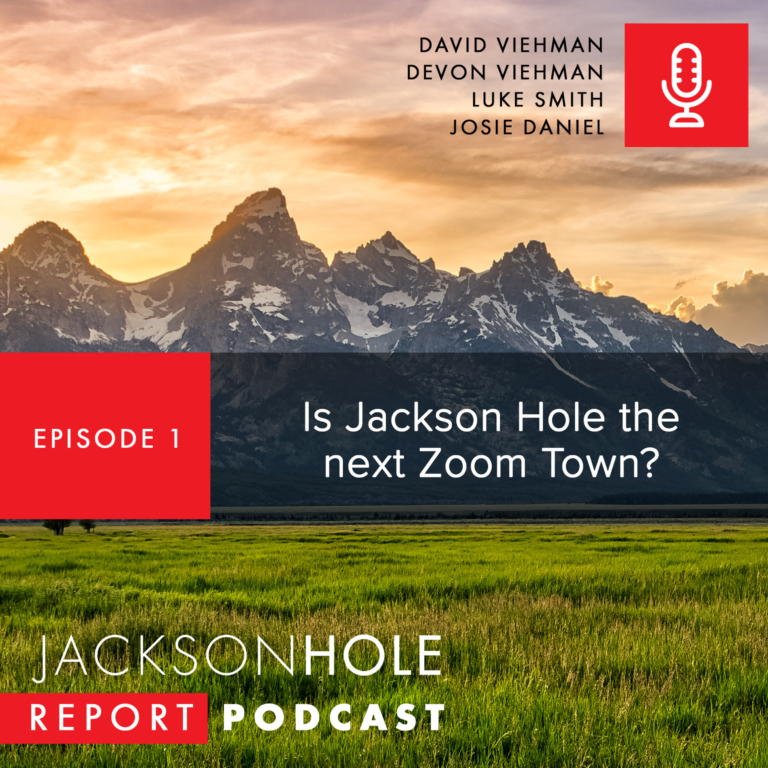What is a Zoom Town? Zoom Towns are housing markets that suddenly boom as remote work becomes more mainstream. These towns are generally smaller cities, often in close proximity to amenities like beaches, ski resorts, public lands, or other attractions that tend to draw in vacationers. In the Rockies they are called “Gateway Communities”.
Along with the COVID-19 pandemic came additional opportunity to work remotely. According to a recent Gallup poll, nearly 60% of employees are now working remotely full or part-time. Nearly two-thirds of employees who have been working remotely would like to continue to do so, according to that same poll. This gives workers more flexibility when it comes to deciding where to call home. Many urban professionals no longer need to commute to a major city center and are deciding to leave cities altogether. While suburbs are still attractive, many working remotely are packing it up and heading to the Rocky Mountain West.
How will this Zoom Town phenomenon affect our community? Studies across the region report that Gateway Communities are feeling the strain, and Jackson Hole is no exception. Prior to COVID, Jackson was already struggling with affordable housing, cost of living issues and income inequality. With the least expensive single-family zoned home for sale at year’s end, ringing in at $1.395 million, the question is whether we can adapt to the challenges and continue to develop sustainably.
Jackson has been dealing with affordable housing issues for 25+ years, so this isn’t our first rodeo. The latest count shows over 1,300 deed restricted affordable housing units valley wide. Recent changes in zoning are helping—allowing accessory dwelling units, relaxing some land use and zoning regulations, and increasing access to public transit. The challenge facing Jackson Hole will be navigating the growing tourism, second homeowner and short-term rental demands, without degrading our environment and straining our local services and infrastructure.












